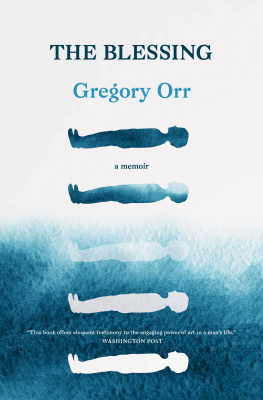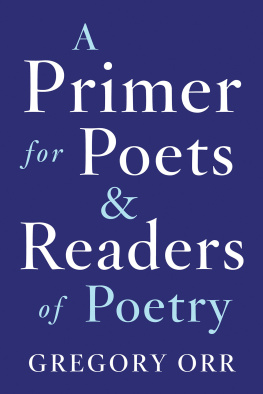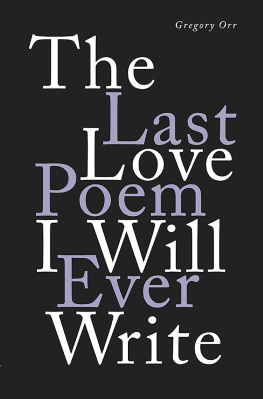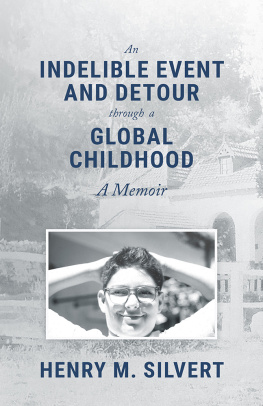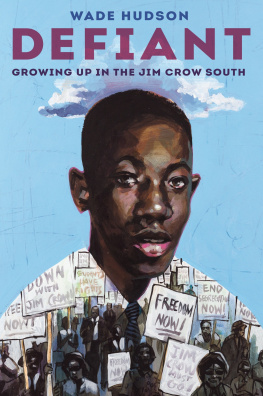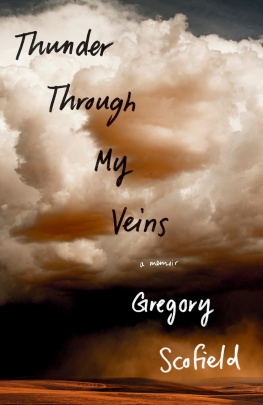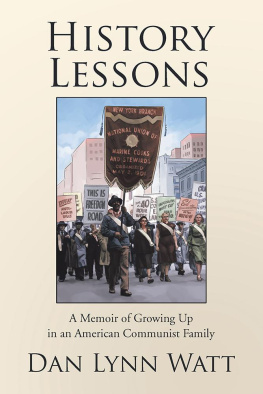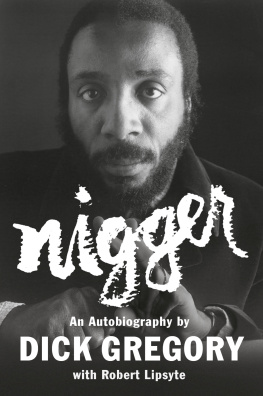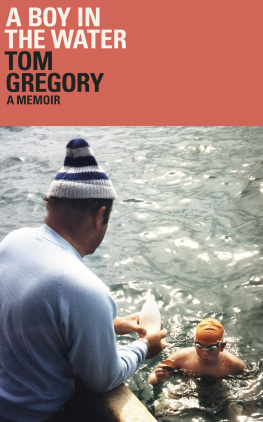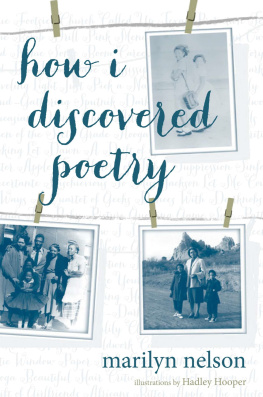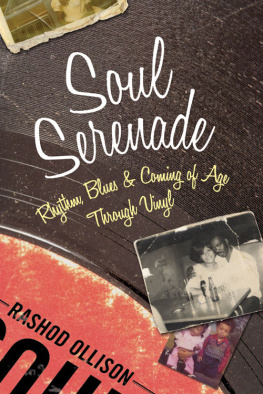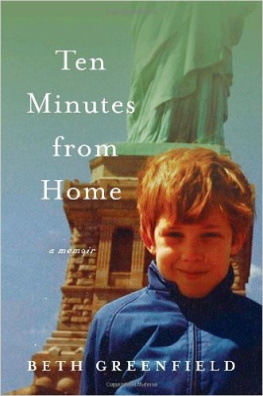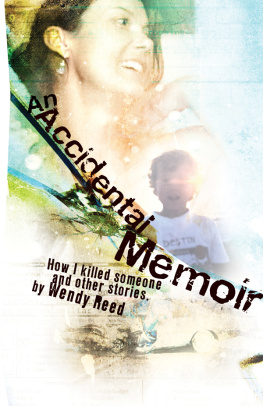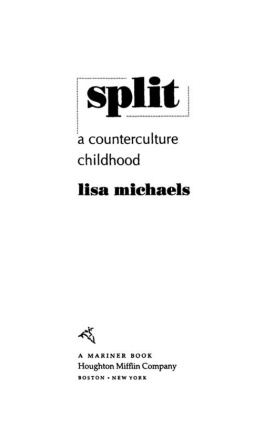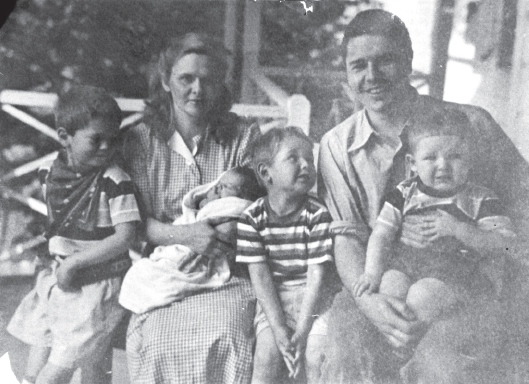
THE BLESSING
ALSO BY GREGORY ORR
Poetry
The Last Love Poem I Will Ever Write
River Inside the River
How Beautiful the Beloved
Concerning the Book That Is the Body of the Beloved
The Caged Owl: New and Selected Poems
Orpheus and Eurydice
City of Salt
New and Selected Poems
We Must Make a Kingdom of It
The Red House
Gathering the Bones Together
Burning the Empty Nests
Criticism
A Primer for Poets and Readers of Poetry
Poetry as Survival
Poets Teaching Poets: Self and the World, edited with Ellen Bryant Voigt
Richer Entanglements: Essays and Notes on Poetry and Poems
Stanley Kunitz: An Introduction to the Poetry
THE BLESSING
A Memoir
Gregory Orr
MILKWEED EDITIONS
2002, 2004, Text by Gregory Orr
Original edition published by Council Oak Books in Tulsa, OK.
All rights reserved. Except for brief quotations in critical articles or reviews, no part of this book may be reproduced in any manner without prior written permission from the publisher: Milkweed Editions, 1011 Washington Avenue South, Suite 300, Minneapolis, Minnesota 55415.
(800) 520-6455
milkweed.org
Published 2019 by Milkweed Editions
Printed in the United States of America
Cover design by Mary Austin Speaker
Cover art by iStock (watercolor) and Featurepics (vector)
19 20 21 22 235 4 3 2 1
First Edition
Milkweed Editions, an independent nonprofit publisher, gratefully acknowledges sustaining support from the Ballard Spahr Foundation; the Jerome Foundation; the McKnight Foundation; the National Endowment for the Arts; the Target Foundation; and other generous contributions from foundations, corporations, and individuals. Also, this activity is made possible by the voters of Minnesota through a Minnesota State Arts Board Operating Support grant, thanks to a legislative appropriation from the arts and cultural heritage fund. For a full listing of Milkweed Editions supporters, please visit milkweed.org.
Library of Congress Cataloging-in-Publication Data
Names: Orr, Gregory, author.
Title: The blessing : a memoir / Gregory Orr.
Description: First Edition. | Minneapolis, MN : Milkweed Editions, 2019.
Identifiers: LCCN 2019001876 (print) | LCCN 2019013395 (ebook) | ISBN 9781571317223 (ebook) | ISBN 9781571313867 (pbk. : alk. paper)
Subjects: LCSH: Orr, GregoryChildhood and youth. | Orr, GregoryFamily. | Poets, American20th centuryBiography.
Classification: LCC PS3565.R7 (ebook) | LCC PS3565.R7 Z46 2019 (print) | DDC 811/.54 [B]dc23
LC record available at https://lccn.loc.gov/2019001876
Milkweed Editions is committed to ecological stewardship. We strive to align our book production practices with this principle, and to reduce the impact of our operations in the environment. We are a member of the Green Press Initiative, a nonprofit coalition of publishers, manufacturers, and authors working to protect the worlds endangered forests and conserve natural resources. The Blessing was printed on acid-free 30% postconsumer-waste paper by Sheridan Books, Inc.
For Trisha, who believed in this book
CONTENTS
Yes
Burden and blessing
two blossoms on the same branch.
To be so lost
in this radiant wilderness.
THE BLESSING
PART ONE
Blessing
D o I dare to say my brothers death was a blessing? Who would recoil first from such a statement? A reader, unsure of its context, but instinctively uneasy with the sentiment? Or me, who knows more of the context than I sometimes think I can bear, having spent most of my life struggling with that death because I caused it? Can I keep my own nerve long enough to work my way through the strangeness of that word?
In French, the verb blesser means to wound. In English, to bless is to confer spiritual power on someone or something by words or gestures. When children are christened or baptized in some Christian churches, the priest or minister blesses them by sprinkling holy water on their faces. But the modern word has darker, stranger roots. It comes from the Old English bletsian, which meant to sprinkle with blood and makes me think of ancient, grim forms of religious sacrifice where blood not water was the liquid possessing supernatural powermakes me remember standing as a boy so close to a scene of violence that the blood of it baptized me.
To wound, to confer spiritual power, to sprinkle with blood. There is something about the intersection of these three meanings that penetrates to the heart of certain violent events of my childhood. I feel as if life itself were trying to reveal some mystery to me by making those three sources meet in my own life.
To wound. To cause blood to flow out of a mortal body. To stand so near that I was spattered with the blood of it. And yet I did not die. Why was I spared? Now that I am in my fifties, I am finally brave enough to ask that aloud, although it is a question that has moved like an underground river below my whole life since that day, moved there with the steady, insistent rhythm of a heartbeat, as if the words themselves made the earth pulse through my feet.
Why was I spared? Im not sure there is any answer to my question. I know I dont expect the answer to come from anyone else. I dont even expect it to come from me. Maybe its because Im a poet and Ive spent my adult life believing words have the power to reveal what is hidden, but I believe the answer to my question emerges from this odd word itself, this blessing that conceals within its history such terrible words as wound and blood.
Guns
T here was a ridge above the field. It had been cut clear of trees when a power line went through the year before and now its shrub-grown flank sloped down sharply into the flat grassy field below. It was land we owned, part of the hundred acres of woods and fields that went with the old house my parents had bought two years back. It was Saturday, and we were digging a trench there, with shovels and a pickmy older brother, Bill, and me. It had the rough shape of something sextons might dig in a cemetery, but not nearly so deep. I was a skinny kid and tired easily. Whenever I stopped to catch my breath, I tried to adopt what seemed to me an adults pose, resting my chin on my gloved hands folded over the top of the shovel handle and gazing casually out over the field as if there were something there to see, while my heart thumped against the wood handle and my open-mouthed panting made little, spasmodic breath-clouds that held briefly in the still November air.
Late that afternoon, back from his house calls and not yet due for evening hours in the office at the back of our house, Dad trudged up the hill to survey our progress. What he thought meant everything to us, and though it was a job anyone could do, we worried that somehow the trench wed dug wasnt good enough. When he climbed down in it, the top hardly came above his shins, and it was too narrow for him to squat without banging his knees. Youll have to do better than that, he said, brushing the dirt from his khaki pants.
Monday would be the first day of deer season. Long before dawn, we three would be crouched there in that same dank trench, each of us holding his own rifle. Bill was fourteen and had a .222; I was twelve and had been given a lightweight .22 for my eleventh birthday. Dad had a 30.06 whose telescopic scope and leather shoulder sling made it seem both more real and more magical than our own guns. It was a vision of ourselves as heroic hunters that kept us digging that weekend, despite the blisters forming under our gloves and the sweat trickling down our ribs as we labored to heave the dirt out of the deepening hole. Jonathan and Peter stood around and watched as Bill and I dug, but they werent part of the story. Only ten and eight, they were still kids. Their job was to envy us, who, even with this mundane-seeming task of digging with pick and shovel, had actually already begun an initiation that would set us apart from them, would place a huge, longed-for gulf between our childhoods and our future. This would be our first deer-hunting season; this, we sensed, would be a crucial passage into manhood for us both.
Next page
